TEAM
Prof. Clifford M. Mutero
Principal Investigator
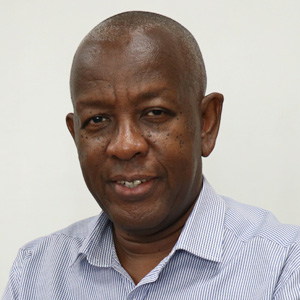
Clifford Mutero is an entomologist with more than thirty years of experience conducting and coordinating research on integrated vector management (IVM) for the control of malaria and other vector-borne diseases. He is currently a full-time consultant scientist in IVM at the International Centre of Insect Physiology and Ecology (icipe) Nairobi, Kenya, and a visiting professor with the School of Health Systems and Public Health, University of Pretoria, South Africa. He is the Principal Investigator and Coordinator of the four-year (2017-2021) multi-country IVM project at ICIPE – “Evaluating the feasibility and impact on malaria transmission of community-based winter larviciding and house screening as additional vector control interventions in southern African countries committed to malaria elimination”.
The project is funded by Global Environment Facility (GEF)/ United Nations Environment Programme (UNEP)/ and World Health Organization (WHO). Project countries include Botswana, Swaziland, Namibia, Mozambique, Zambia and Zimbabwe. From 2013 – 2018 he was the Principal Investigator and Coordinator of a programme to strengthen implementation of IVM for malaria control in Kenya and Ethiopia, funded by Biovision Foundation. He was from 2009 to 2014 the University of Pretoria's Principal Investigator and Regional Coordinator of Malaria Decision Analysis Support Tool (MDAST) Project, a GEF/UNEP/WHO-AFRO funded project on evidence-based multi-sectoral malaria control policy-making in Kenya, Uganda and Tanzania.
From 2001 to 2006 he was the founding Coordinator of the System-wide Initiative on Malaria and Agriculture (SIMA) and a Senior Researcher at the International Water Management Institute (IWMI). SIMA was an inter-Centres research initiative of the Consultative Group on International Agricultural Research (CGIAR) in partnership with other research institutions including ICIPE. It was supported by the World Bank, the International Development Research Centre (IDRC), the Dutch Government and the African Development Bank. SIMA projects used trans-disciplinary and participatory research as a basis for holistic understanding of complex linkages between socio-ecological systems and human health. Through SIMA, he coordinated the implementation of projects in Kenya, Uganda, Tanzania, Ghana, Ethiopia, Mozambique and Zimbabwe. Prior to joining IWMI, he worked as a research scientist for more than 15 years at ICIPE.
He has served as a consultant to the World Health Organization (WHO) and RTI International/USAID on integrated vector management (IVM). He holds a PhD in medical entomology from the University of Nairobi. His education and early career in entomology are documented in his autobiographical book published by AuthorHouse UK in 2017, whose title is “Mosquito Hunter: Chronicles of an African Insect Scientist” - https://www.amazon.com/Mosquito-Hunter-Chronicles-African-Scientist/dp/1524683515
He is based at icipe-Duduville Campus and can be reached on Email: cmutero@icipe.org or via extension 2255.
Dr. Ulrike Fillinger
Co-Principal Investigator
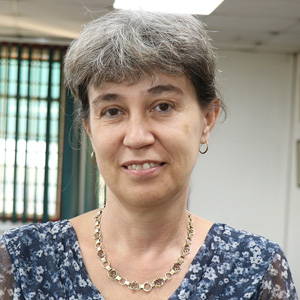
Dr Ulrike Fillinger is a Senior Scientist in the Human Health Theme at the International Centre of Insect Physiology and Ecology (icipe), Kenya. She is a disease ecologist and enjoys working trans-disciplinary which is well reflected in her diverse publication record. Ulrike has more than 20 years of experience in applied and operational research aimed at developing novel and improving existing control strategies for mosquito-borne and other insect-borne diseases in Africa. Her major research focus is on malaria control, studying the ecology and behaviour of malaria vectors with an interest in developing tools such as larval source management, push-pull and attract and kill strategies to target different physiological stages of mosquitoes outside the house environment that can complement the current frontline vector control interventions. She is a strong advocate for integrated vector management and is a co-chair of the Larval Source Management workstream of the Vector Control Working Group of the Roll Back Malaria Partnership. She has a wealth of experience in working with community-based organisations, public health staff and representatives of the private sector and is passionate about research capacity building.
She is based at icipe-Mbita Campus and can be reached on Email: ufillinger@icipe.org or via extension 3331.
Dr. Menale Kassie
Head of Social Science and Impact Assessment Unit
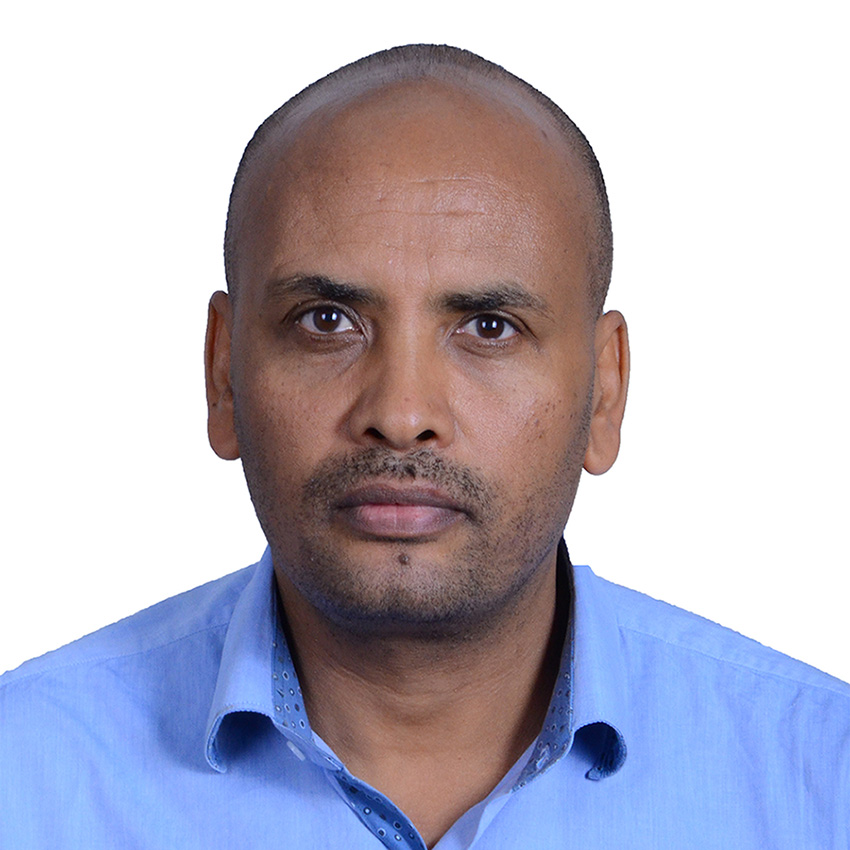
Dr Menale Kassie is a Development Economist with sound knowledge of impact assessment tools and project management experience. Currently, he is leading the Social Sciences and Impact Assessment Unit (SSIA) at the International Centre of Insect Physiology and Ecology (icipe). Before joining icipe, he worked as Scientist and Senior Scientist at the International Maize and Wheat Improvement Centre (CIMMYT) as a research officer and research associate at the University of Gothenburg, and as Post-Doctoral fellow at the International Crop Research Institute for Semi-Arid Tropics (ICRISAT). His main research is on the adoption and impacts of pre-and post-harvest agricultural technologies, quantitative gender analysis, and climate change.
Recently published work includes impacts of women empowerment on agricultural productivity, impacts of integrated pest management technologies on economic, social welfare, pesticides use, human health, and environment. Also analyzed impacts of adoption of the bundle of agricultural technologies on economic and social welfare, downside risk and cost of risks, and agrochemical use in southern and eastern Africa(ESA).
Recent research has focused on integrated vector control, understanding women’s empowerment in agriculture and livelihoods impacts, Integrated Pest Management (IPM), pollination services, and beekeeping in ESA. He has published 58 articles and 8 book chapters listed in Web of Science Scopus with an H index of 24 including recent work in Land Use Policy, Journal of Agricultural Economics, Agricultural Economics, Food security, World Development, Food Policy, Public Health Nutrition, Climate Risk Management, Applied Economic Perspectives and Policy, and Environmental Management Journal.
Scopus: https://www.scopus.com/authid/detail.uri?authorId=23034845400 (h-index 24; citation 1,728)
Google scholar: https://scholar.google.com/citations?user=HWG4CWoAAAAJ&hl=en (h-index 37, citation 5,191)
Researchgate: https://www.researchgate.net/profile/Menale_Berresaw/reputation (h-index 30)
Dr. Theresia Estomih Nkya
Post-Doctoral Research Fellow
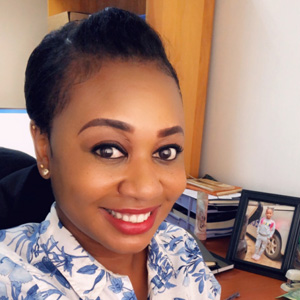
Dr. Theresia Estomih Nkya is a Post-Doctoral Research Fellow, Malaria IVM, AFRO II Project under the Human Health Theme.
Dr. Nkya holds a PhD in medical entomology from Tumaini University-Makumira in Tanzania, a Master of Science in Parasitology and Medical Entomology from Muhimbili University of Health and Allied Sciences and a Bachelor of Science in Biology from Texas Southern University in Houston, Texas., USA.
She previously worked at National Institute for Medical Research, Tanzania as Principal Research Scientist, where she was the national project coordinator for a USAID-PMI funded project on Detection and Monitoring of Insecticide Resistance in Tanzania Mainland. Dr. Nkya has 11 years’ experience in vector control research, coordination and project management. She has experience in field work, data management and analysis using various software (MEVIS, Genespring, STATA), project reports and scientific manuscripts in peer reviewed journals.
She is responsible for coordinating the evaluation of IVM programmes (larviciding) in 3 southern African countries (Namibia, Royal Kingdom of Eswatini and Botswana), designing entomological, epidemiological and qualitative surveys, drafting SOPs for all project activities and implementation of regular site visits to project countries.
She is based at icipe-Duduville Campus and will be reachable on Email: tnkya@icipe.org or via extension 2252.
Dr. Peter Onyango Sangoro
Post-Doctoral Research Fellow
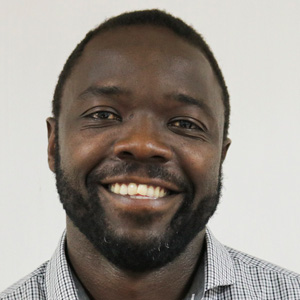
Dr. Peter Onyango Sangoro is a Post-Doctoral Research Fellow, Malaria IVM, AFRO II Project under the Human Health Theme.
Dr. Sangoro holds a PhD and a Master of Science in Philosophy in Infectious and Tropical Diseases from the London School of Hygiene and Tropical Medicine, UK and a Bachelor of Science in Environmental Health from Moi University, Kenya.
He previously worked at Ifakara Health Institute (IHI), Tanzania as Technical Advisor and also as a Post-Doctoral Scientist at the same institution where he conducted a large-scale clinical trial evaluating the impact of topical repellents against early evening malaria transmission in rural Tanzania. He has also worked as a Research Fellow at the Stockholm Environment Institute (SEI)-Africa Centre having moved from African Medical Research Institute where he worked as Public Health Officer.
He has 14 years of experience in project design, implementation and management as well as developing and implementing data collection tools. In addition, he has experience in quantitative data analysis using STATA statistical concepts and dissemination of study results in project reports and scientific manuscripts in peer reviewed journals.
He is responsible for coordinating the evaluation of IVM programmes (house screening) in 3 southern African countries, designing entomological, epidemiological and qualitative surveys, drafting SOPs for all project activities and implementation of regular site visits to project countries.
He is based at icipe-Duduville Campus and can be reached on Email: psangoro@icipe.org or via extension 2098.
Rose Muthoni Marubu
Research Assistant
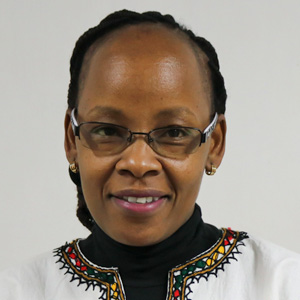
Rose Marubu is a Research Assistant in the Malaria IVM, AFRO II Project under the Human Health Theme at icipe. She holds a B.Sc. in Analytical Chemistry from the Technical University of Kenya and currently pursuing a Master of Arts in Project Planning and Management at the University of Nairobi. She has over 10 years of working experience in discovery, development and application of bioactive natural products, and in project planning and management. In addition, Rose has played a key role in mobilization, capacity building, implementation and backstopping of community-based projects in Eastern and Western Africa.
Rose is responsible of compiling and updating information on the website for AFRO II project, development of visibility materials and communication articles for the project including roll-up banners posters and brochures for the project on both house screening and winter larviciding activities. She will also assist in preparation of technical reports, half-yearly work plans for implementation, and offer logistical supports in organizing workshops and meetings.
She is based at icipe-Duduville Campus and can be reached on Email: rmarubu@icipe.org or via extension 2411.
Kochelani Saili
Post-graduate Scholar
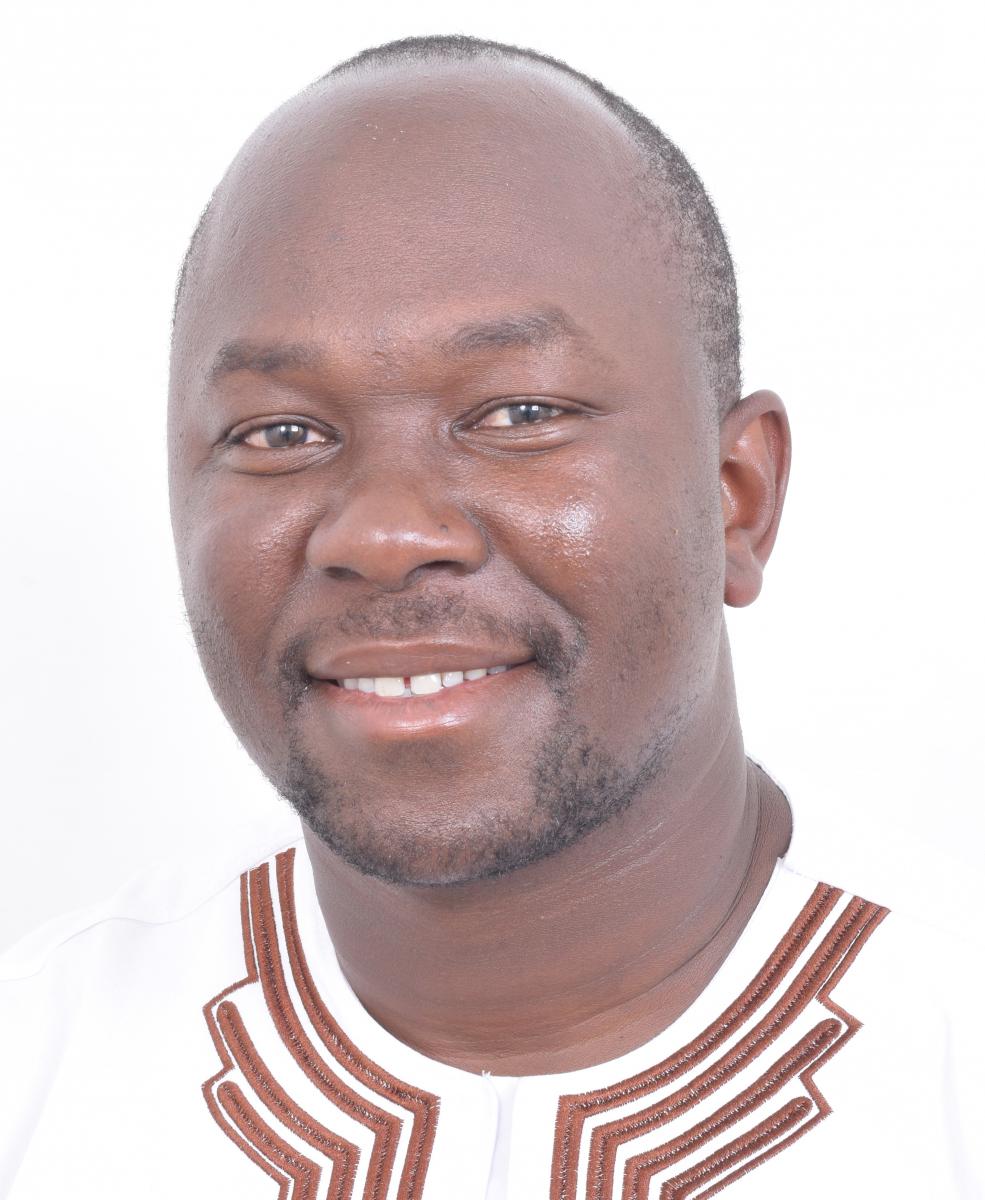
Kochelani is a Post-graduate research scholar with the International Centre of Insect Physiology and Ecology (icipe) in the Human Health theme. His main research interest is understanding the biology and ecology of malaria vectors in highly endemic areas of Zambia. He is also interested in investigating insecticide resistance profiles in Zambia and its consequences on malaria disease epidemiology and disease vector control.
Current research project: Is house screening an effective and feasible intervention to long- lasting insecticidal nets in protecting against malaria in Zambia?
Research goals: To evaluate the feasibility and impact of adding house-screening to long-lasting insecticide treated net (LLINs) use on malaria vector densities and malaria transmission potential in Nyimba district, south-east Zambia.
Host project and funding: AFRO-II Project funded by the World Health Organization Regional Office for Africa (WHO-AFRO) through icipe and the National Malaria Elimination Centre (NMEC), Zambia.
Supervisors: Prof. Clifford Mutero, Dr Ulrike Fillinger and Dr Peter Sangoro
Bio: Kochelani holds a Master of Science degree in Entomology from the University of Zambia. He is a member of the Zambia Association of Biological Scientists (ZABSci) and an active alumni member the Global Health Corps (GHC) community. He loves to play and watch volleyball and football and speaks three languages fluently.
Brian Chisanga
Post-graduate Scholar

Research Project: The Economic Impact of Screening Rural Houses as an Additional Vector Control against Malaria Transmission in Zambia
Research goals: The main goal of the study is to determine the effects of house screening as an additional malaria vector control method on averting malaria cases and associated economic and social outcomes. The study also seeks to determine the incremental cost effectiveness of house screening as well as assessing the behaviour of households towards house screens given prices paid, subsidy levels and the effects of incentives.
Host project and funding: AFRO-II Project funded by the World Health Organization Regional Office for Africa (WHO-AFRO) through icipe.
Supervisors: Dr. Menale Kassie (icipe) and Prof. Erwin Bulte (Wageningen University and Research) Prof. Clifford Mutero (icipe)
Bio: Brian Chisanga graduated with Bachelor of Agricultural Science (Agricultural Economics) from the University of Zambia in 2007 and Master of Science (Agricultural Economics) from the University of Pretoria in 2012. He is currently studying at Wageningen University and Research in the Netherlands pursuing PhD in Development Economics.

